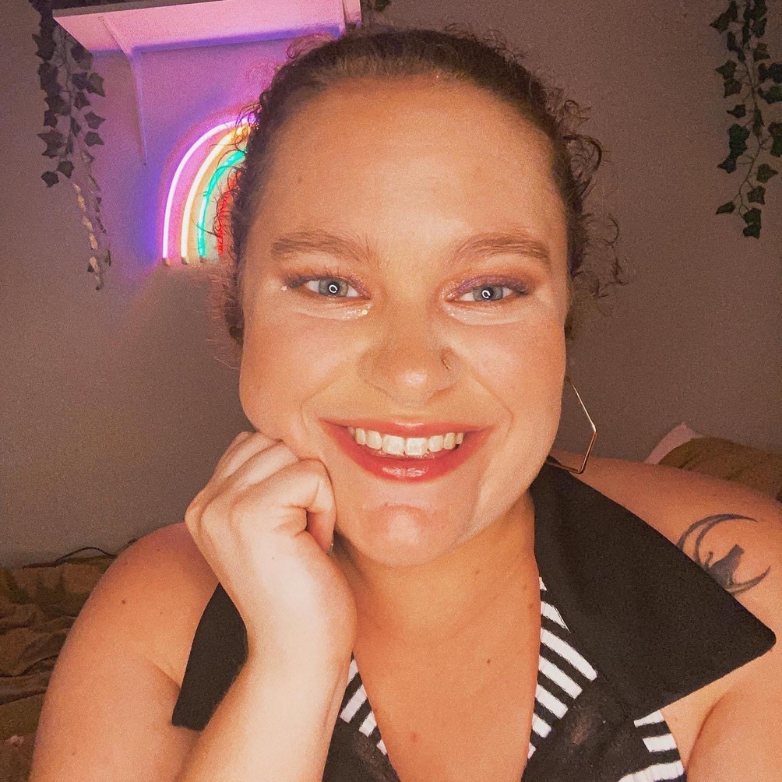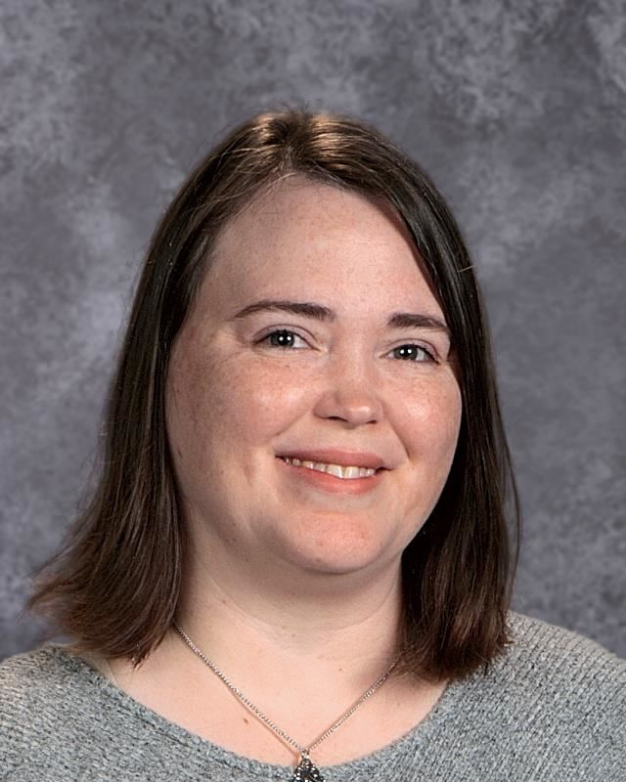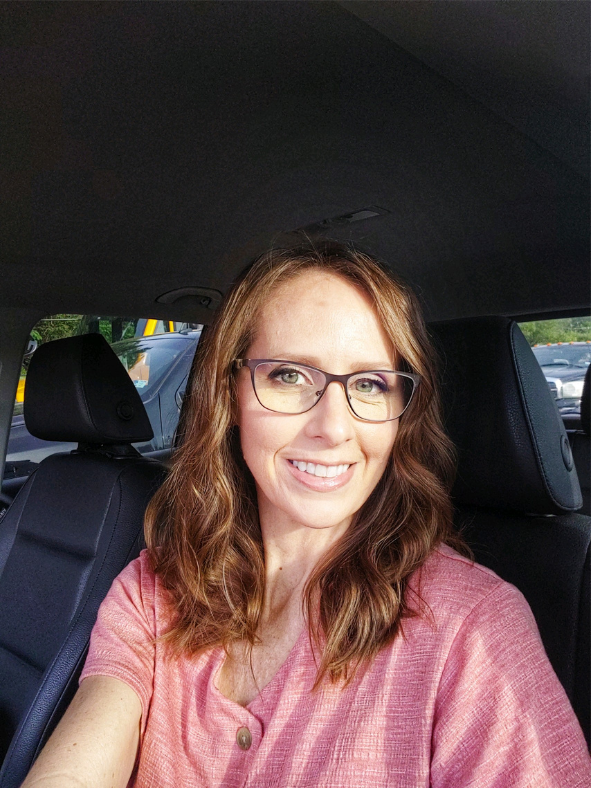As I watched graduating college students celebrating this year, I recalled my own feelings of pride for my accomplishment and the elation of being free from classroom lectures – at least until grad school.
But above all, I also remember feeling fear. As I prepared to enter the “real world,” I asked myself: What am I supposed to do now?

Writing was what I loved to do most since childhood. As I learned more about the field, I dreamed of writing something that could make the kind of impact Woodward and Bernstein did when they wrote about Watergate.
I believed my writing could become a herald of truth, a hierophant of justice. I wanted to change the world through my words.
I also believed my career path would be linear: Finish high school, go to college, then start working in my career field soon after graduation. This was the narrative I learned by society, my teachers and even my parents.
Considered the “norm,” the linear path seemed attainable. But abrupt changes over the past few decades — in the journalism field and the world in general — have created unexpected obstacles.
The facts are disheartening. Journalism jobs dropped 26% since 2008. The field briefly stabilized before the pandemic hit, costing 30,000 media employees across the country their jobs, according to the Pew Research Center, a nonpartisan fact tank in Washington D.C.
Furthermore, journalism salaries are typically 17.6% lower than the national average.
Statistical information shows print journalism on a steady decline. The number of daily newspapers has fallen 28% in the last 50 years. Newspapers are not as profitable as they used to be, considering only 3% of U.S. adults cite newspapers as their main source of news.
The younger generation prefer digital media. While newspapers remain popular with adults aged 65+, some younger adults may never even read a newspaper.
Trust in the media also is in a rapid decline, especially over the past decade. In a recent poll, 63% of Americans said they have “very little” or no trust in the media.
This particular statistic concerns me greatly.

Although armed with my bachelor’s degree, I found it difficult to find a job in my chosen field. I strayed onto a different path — working at Walt Disney World while attending grad school.
As a 26-year-old graduate school graduate, I am still concerned about getting my career started. I know deep down, I will never be satisfied with anything other than a career as a writer. That old narrative I learned constantly rings in my head and overwhelms me with feelings of inadequacy and signs of the imposter syndrome.
“Is there something wrong with me? Am I falling behind?” I ask myself.
I know I must not be alone in feeling this way, so I decided talking to experienced people in my field might be able to help – after all, they were once in my shoes. Two Tyler-area residents shared their stories about career paths which were anything but linear.
From news reporter to teacher

Melissa Avery was 21, married for three years and a mother of a 2-year-old daughter when she started her college career. She worked full time in customer service for a health insurance agency while taking classes part time at Texarkana College. She completed her bachelor’s degree in journalism at The University of Texas at Tyler.
“Being a wife, mother, employee and student was a lot to juggle, but I wanted and needed a degree, so I stayed patient and consistent and got it done,” she said.
Avery said she was one of the lucky ones who initially experienced the traditional path after graduating in 2002.
“I knew I wanted a job writing. That was what I was always passionate about,” she said.
She graduated on a Saturday, then started a job as a news reporter at the Longview News-Journal the following Monday. Her experience working on the UT Tyler student paper helped her build a strong portfolio that included several writing awards, she said.
After working as a journalist for the next four years, Avery became a single mother. It became too difficult to sustain a career in journalism while raising her children on her own, she said.
“If I would get calls to cover a story late at night or on the weekend or something, I would have to take my kids to my parents, and it was just really inconvenient for everybody,” she said.
Avery’s path then took a different direction in a career that offered more stability, consistent hours and better benefits. She earned a teaching certificate and has taught high school English in area schools for more than 15 years.
She said her experience in journalism did translate to her current career especially her writing and organizational skills.
“Any professional job is going to benefit you in some way. My years working in the newsroom definitely weren’t a waste,” said Avery, who still works on some writing projects and hopes to get published again someday.
She said she recognizes the challenges the younger generation faces today and tries to help her students be better prepared before they graduate high school.
“High schools are becoming more aware of what’s going on, and they’re starting to transition to really help students make up their mind … so that we don’t have college freshmen that don’t have a major designated, and they’re ready and they have a little bit of experience in that field,” she said.
The most important piece of advice she gives her students is to have a number one goal, a plan, and a back up plan going into college.
“If you can, get a double major in your top field and a minor in something else, or if you can go for a master’s degree in whatever field you are choosing … make sure it’s something you have an affinity for, something that has openings regularly,” Avery said.
Dealing with obstacles

Allie Abel decided to pursue her bachelor’s degree in journalism with a concentration in public relations while in her 30s. Although working full time, she said she knew needed a bachelor’s degree for better job opportunities.
She said the degree program she chose rarely had night classes. “My boss at the time wouldn’t let me use my lunch hour to attend a day class, so that’s when I knew I would have to quit my job and attend school full time,” she said.
Although she worked as the editor of the student newspaper at UT Tyler, she always intended to pursue public relations or marketing. She graduated with a bachelor’s degree in 2015 and faced a number of obstacles in her career.
Abel said she also believed a college degree would help her get a job immediately. Now she knows people who get jobs right after graduation are “the exception, not the rule.”
“You stay in this college bubble, and then you get out into the real world and real life is unpredictable. It never goes the way you think. And it’s hard these days, especially since the pandemic hit,” she said.
Since graduating, Abel has had six jobs — losing three of them due to layoffs. Job hunting is different than when she was younger, she said.
“It was not the same thing. Companies are more nitpicky, the interview process, it’s a lot more tedious, long, drawn out. It’s just changed over the years,” she said.
Able said the pandemic affected her career more than any other life event. After going through an extensive interview process to land a marketing position with a commercial real estate company, she was laid off after only six months of work due to the pandemic.
“The pandemic brought the company’s business to a grinding halt and several brokers in my department decided to leave the firm. The company made some layoffs, and I was one of them,” she explained.
Abel described being laid off in the middle of the pandemic as “extremely unnerving.” Despite applying and interviewing constantly and her years of experience, she said she felt it would be nearly impossible to find another job.
“There were so many people looking for jobs,” she said. “I believe the companies had so many applicants that they could be as picky as they wanted.”
It took her over a year to find her next position — the longest she’s ever had to spend job hunting.
“I was interviewing with some good companies for some good positions, but… it’s like they wanted one particular thing, and if you didn’t have that one particular skill set or experience, then you weren’t even given a chance,” she said.
She also said companies sometimes “ghost” the applicant and won’t even notify the person about their application.
Abel advised people in my position to be prepared to work very hard during the entire hunting process.
“It’s a long, tedious process,” she said. “You’ve got to tailor your resume to the job description, put in keywords. Then, you’ve got your online presence, your LinkedIn, your online portfolio… it’s not as easy as just sending in a resume and getting an interview and then getting the job.”
Nearly 10 years after graduation, Abel said she still doesn’t feel like she’s where she needs to be. She is considering furthering her education, but she’s unsure if that means pursuing a master’s degree.
Connecting with people who share similar experiences can be helpful. Abel said a lot of her friends were fortunate to have long careers in their first job, so it was difficult to find people who understood her situation.
“You end up feeling alone in the process, like you’re the only one out here dealing with this,” she said. “It’s nice to connect with people who are going through the same thing and understand it.”
Lessons learned
After interviewing Avery and Abel, I realize the path after graduation is not linear for most people. Their stories changed my perspective about my own path. They made me feel less alone, less like a failure for not being able to immediately jump into my career.
Many of us put unrealistic expectations on ourselves to fit into a narrative. Those expectations initially made me incredibly anxious and unhappy. I failed to celebrate my accomplishments.
My advice now for this year’s crop of graduates:
- Don’t put so much pressure on yourself to figure everything out right away. The idea you’ll ever have everything figured out is unrealistic and can do more harm than good.
- Enjoy this season in life and celebrate the fact you accomplished something incredible.
- Be gentle with yourself through the incredibly tedious process of job hunting.
- Reach out to people who have stood where you stand now. Find someone who works in your field, and ask them how they got where they are today. I promise, it will give you a new perspective. It did for me.
- Most importantly: Don’t give up. Consider opportunities even if they are not perfect. You never know where an opportunity will lead you.
Love what you're seeing in our posts? Help power our local, nonprofit journalism platform — from in-depth reads, to freelance training, to COVID Stories videos, to intimate portraits of East Texans through storytelling.
Our readers have told us they want to better understand this place we all call home, from Tyler's north-south divide to our city's changing demographics. What systemic issues need attention? What are are greatest concerns and hopes? What matters most to Tylerites and East Texans?
Help us create more informed, more connected, more engaged Tyler. Help us continue providing no paywall, free access posts. Become a member today. Your $15/month contribution drives our work.







